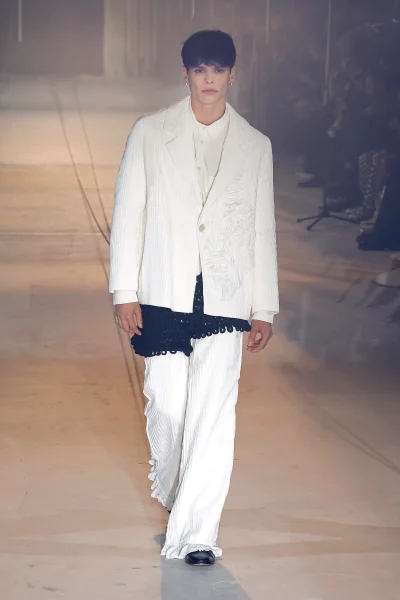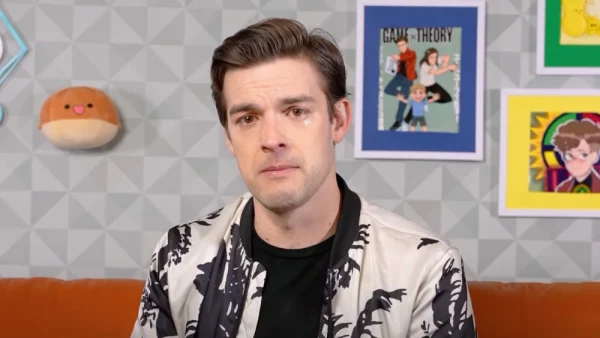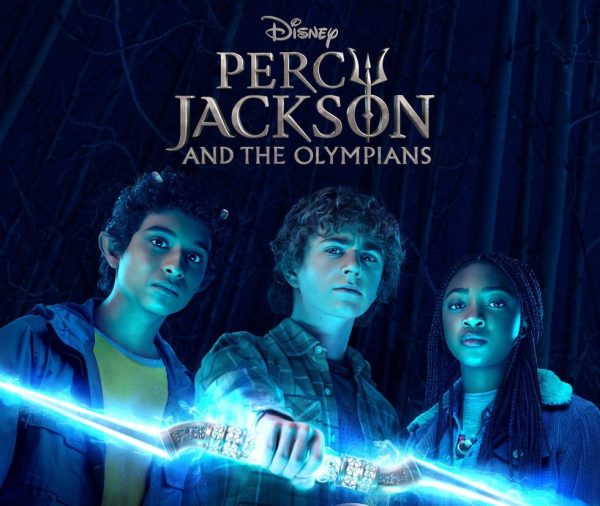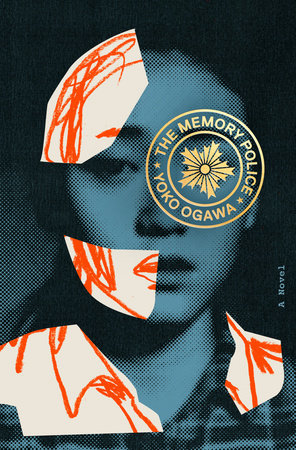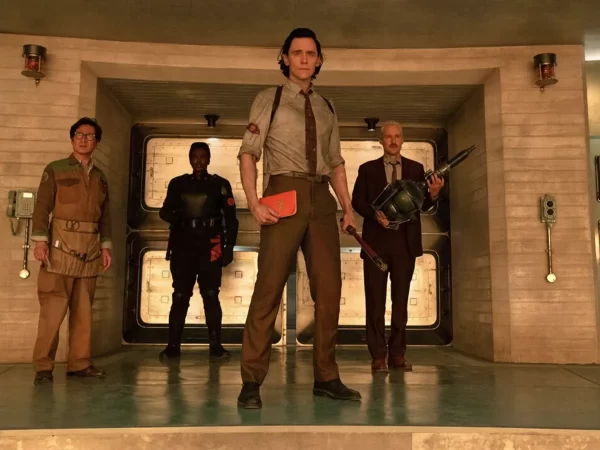Sexualization of Women in the Industry: Clairo
Clairo has been a well-known indie artist since her hit song “Pretty Girl” was released in 2017. She started her music career when she was 13, now she is 23 and in the midst of her North American tour which started in late February. On her tour, many thrilled fans, despite their excitement, seem to lack proper concert etiquette as on many occasions, she is overly sexualized on stage.
An incident that occurred at one of Clairo’s concerts this recently was an individual in the crowd exclaiming “You’re hot!” to Clairo after ending her song “Blouse.” “Blouse” is a song Clairo wrote to open up about being sexualized in the music industry, which makes this fan’s comment sound worse. In an interview with Rolling Stone, Clairo said, “I was pissed off that that’s [sexualization] a part of this, and that I’m supposed to accept the fact that it’s a part of it.
I have moments where I wonder if it even matters what I write. I put in so much effort, but is it going to get to a point where I’m just overly sexualized again?..” When writing this song opening up about the issues of sexualization in the music industry, now you see why someone yelling “You’re hot!” to Clairo after singing this meaningful song about the sexualization of herself, is a problem.
It is not in just any well-known industry that this happens to women. It is apparent everywhere and anywhere. Many women in high school agonize over their futures due to the sexualized views of women and having to deal with it.
In talking to Junior, Aracely Andres, I learned just how prevalent across all fields such sexualization is, “I found my interest in the medical field when I went to a hospital once and felt pressured to translate because no one in that hospital spoke Spanish and was mostly dominated by white people. But in the news and media, hearing people being harassed in the workforce and finding out most of them are women of color made me fear for my future.” Harassment towards women (especially of color,) has always been an issue in the workforce, and being afraid of the future and your career is valid.
“ Being someone who has no one to look up to and going through the process of furthering my education alone…” Andres continues, “is daunting and I never know what might happen or the intentions of others. And if something does happen to me, I don’t know if I’ll be able to do anything about it because I’ll have to earn my spot in the medical field, and it can be quickly taken away by those in power.”
Much like Clairo’s, Andres’ fear is people taking advantage of her and having nothing to do about it to keep up. However, Clairo found something to do about it, songwriting. Clairo used her anger, despair, and trauma to make something that thousands of people could relate to.
“I do kinda worry about that stuff in the future cause it could have the potential to traumatize me and affect me from working. People don’t have that much awareness of it. I do think about it in the future but I feel like I need to focus more on my dream than what can destroy my dream” explains Junior Danielle Godinez.
Godinez did just as Clairo did: ignored the problems that faced her and chased after her dreams. Clairo questioned if she just had to accept it as it is, that is not the answer. Godinez understands this as well, you are the better person if you do not give them the reaction they want. This is why songwriting is very helpful for Clairo to express her true feelings.
Junior Eshal Naqvi states, “I do hope to make it big in the future and hope to be successful in terms of career and wealth. I will be entering the workforce in whichever career I acquire in the future, and I do plan on working on a regular basis. I am worried about the type of things women have to endure in the workplace in terms of sexism and harassment and even in cases of assault. It is something that should be in the minds of women in all workforces.” This exact statement is what saddens many about this issue, women should not have to be afraid to go to work every day in fears of being harassed. “More than worried though I am angered…” Naqvi elaborates, “that we’ve gotten this far and still struggle with basic respect and decency. For myself, I do hope to stay safe but at the same time it’s not really up to anything I can do, but more of what society can do for every woman in the workforce. I really hope that by the time I do enter the workforce, there will be more done about situations with harassment in the future.”
Naqvi has many similar points to what Clairo had said about being angry from dealing with this reality. Also, the point that Clairo makes is wondering if what she is doing will only lead to it being worse.
Clairo’s issue with sexualization shows that women of today’s society are afraid to pursue their dreams within any industry. As Naqvi said, it is up to society for this to end, it exists because of them in the first place.


